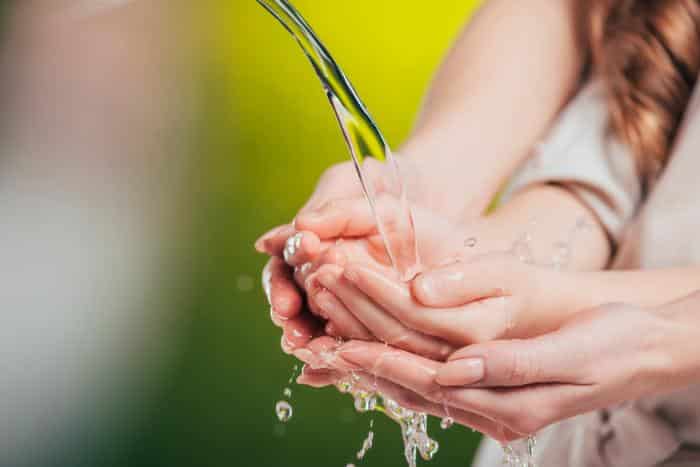How Effective Are Salt-Free Water Softeners?
A water softener can be a valuable investment, helping you to reduce stains, clogs and scale buildup on faucets and appliances. It can also make laundry and dishwashers more efficient by removing hard water minerals that build up in your washing machine and dishwashing equipment.
(Looking for “Water Quality Solutions“? Contact us Today!)

When a water softener is used, it removes dissolved calcium and magnesium from your water supply. This helps to improve the quality of your home’s water, resulting in brighter dishes and showers, and better-smelling hair and skin.
Salt-based systems use a resin tank that has negatively charged beads covered in sodium or potassium (salt) ions. As water flows through the beads, hard ions like calcium and magnesium exchange places with the softer sodium and potassium ions, removing impurities.
As the resin beads become depleted over time, they require regeneration or charging with salt. A salt-based system also requires regular maintenance, which involves cleaning the beads and replenishing the salt.
If you’re looking to save money, a salt-free system may be the better choice. It’s not as expensive and does not require as much maintenance. However, it’s important to remember that these units do not actually “soften” the water and must be run on a filter changing cycle.
These types of systems use a physical process called Template Assisted Crystallization or TAC. This process changes the hardness minerals in your water into a hardness crystal that doesn’t adhere to surfaces.
This type of water conditioner is less expensive than a traditional salt-based system and does not require a filter replacement cycle, which can save you a lot of money over the long term. In addition, these types of water conditioners do not capture any materials so they do not need to use electricity to run a cleaning cycle.
Some municipalities are considering banning these systems because of the waste water they create. They can cause health problems and kill plants, trees and other vegetation if the waste water runs into your lawn.
Another concern is that these systems may not work as well as a salt-based system if the water is too hard. This can lead to clogs in the pipes and other plumbing issues.
There are many other benefits to a salt-based system, including no scale buildup in your sinks or bathtubs. It’s also safer for your family, as it doesn’t allow rust to form in the pipes.
In addition, you can save on household soaps and detergent by not having to mop up calcium ions during wash actions. You’ll also find that these systems are more energy-efficient and produce fewer odors.
Choosing the right water softener for your home is dependent on several factors, including how hard your water is and how frequently you use it. It is important to consider all of these things before making your final decision.
The best place for a salt free water softener is near a supply inlet or outlet, and in close proximity to a power source and drain for waste discharge. This is because the incoming and outgoing pipe connections need to be properly connected to avoid problems with the unit’s operation.

